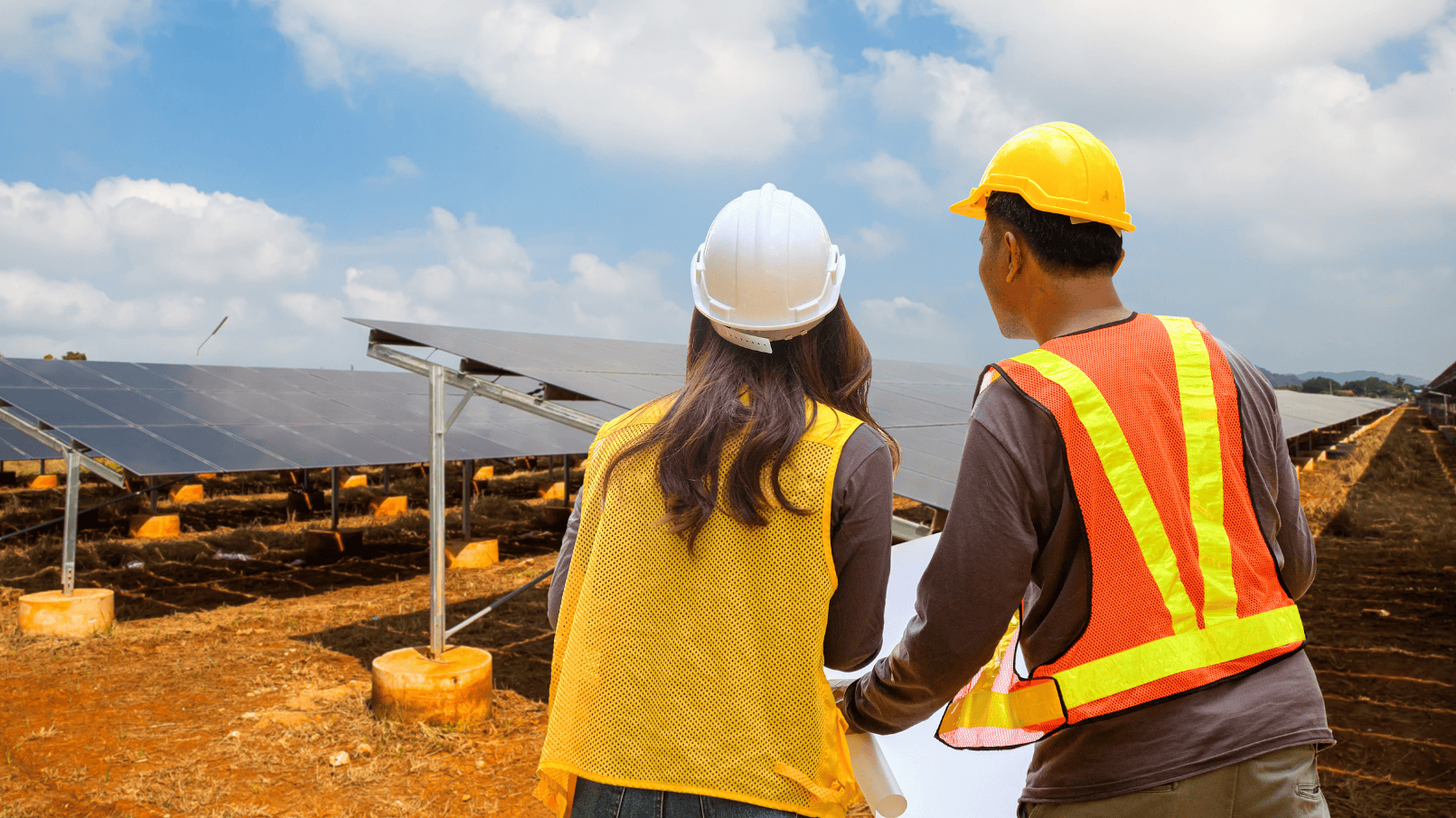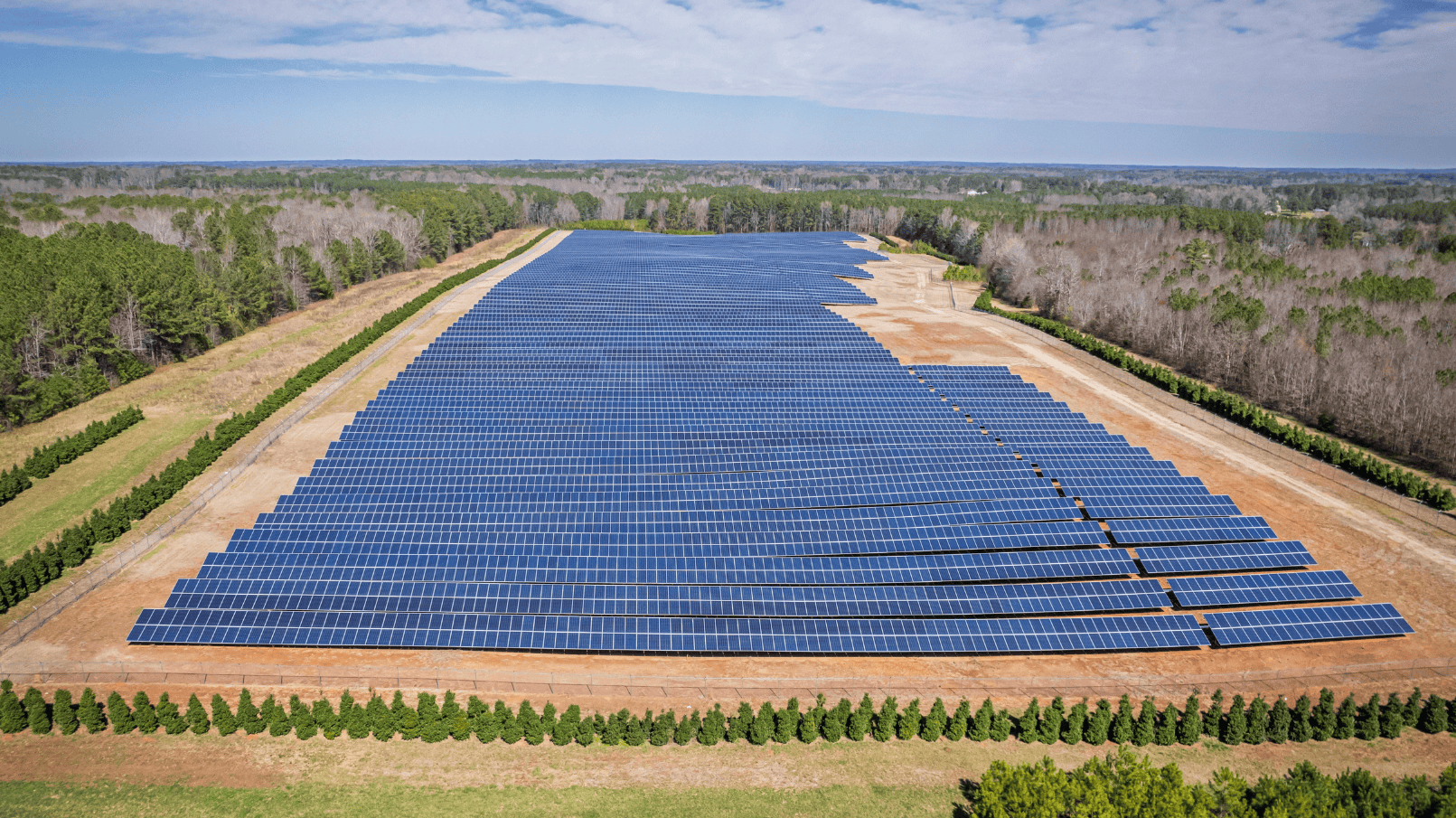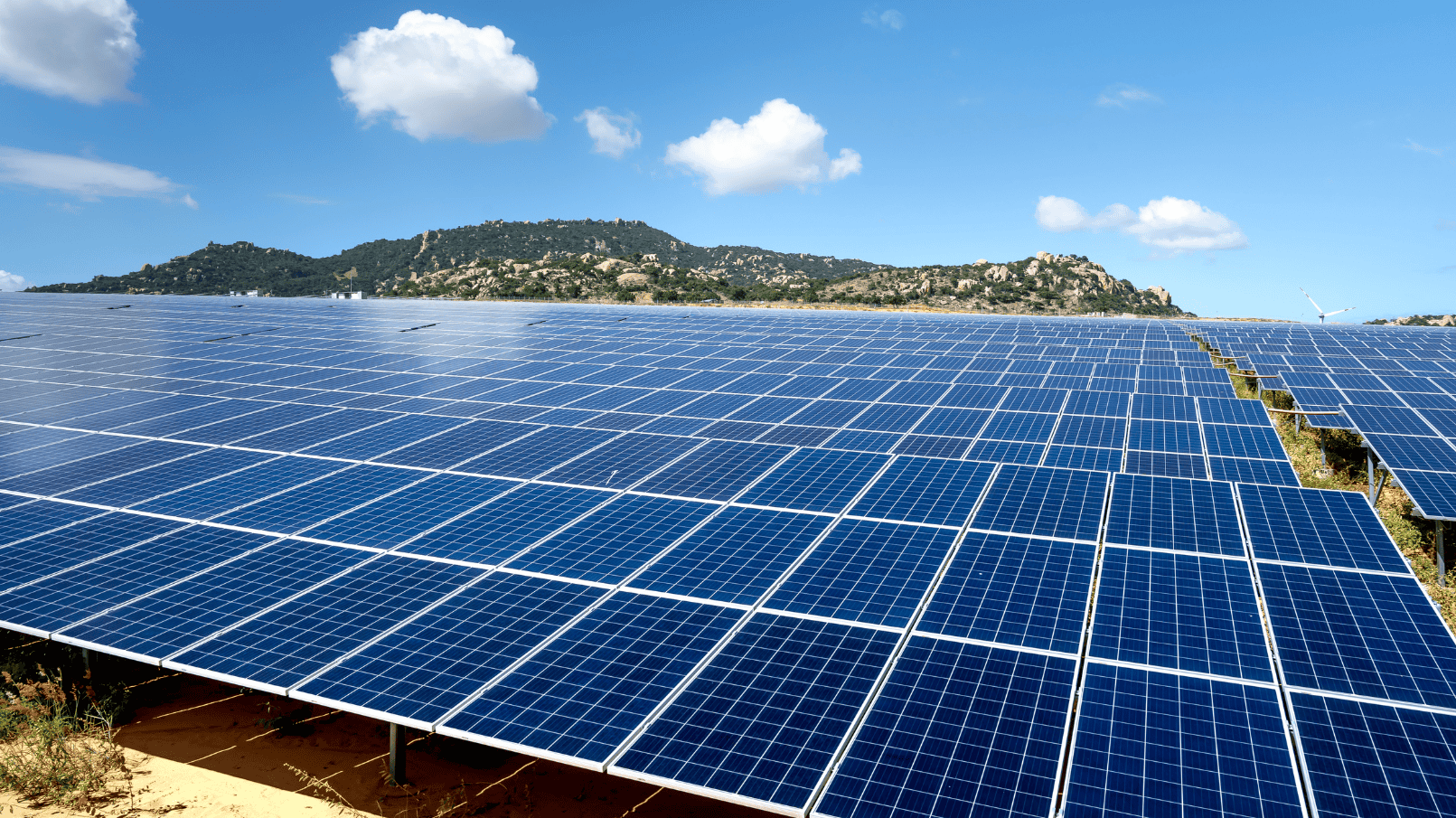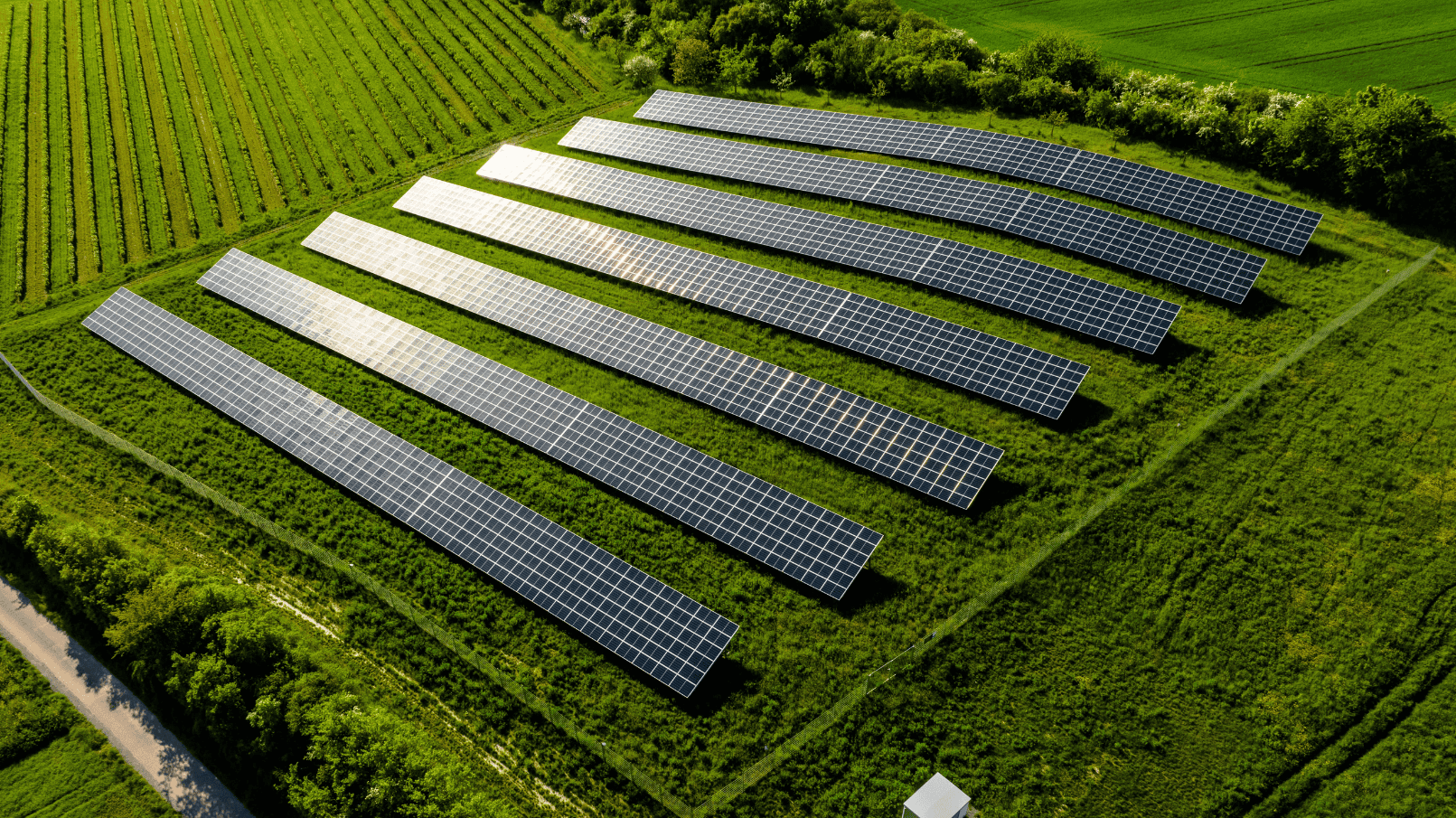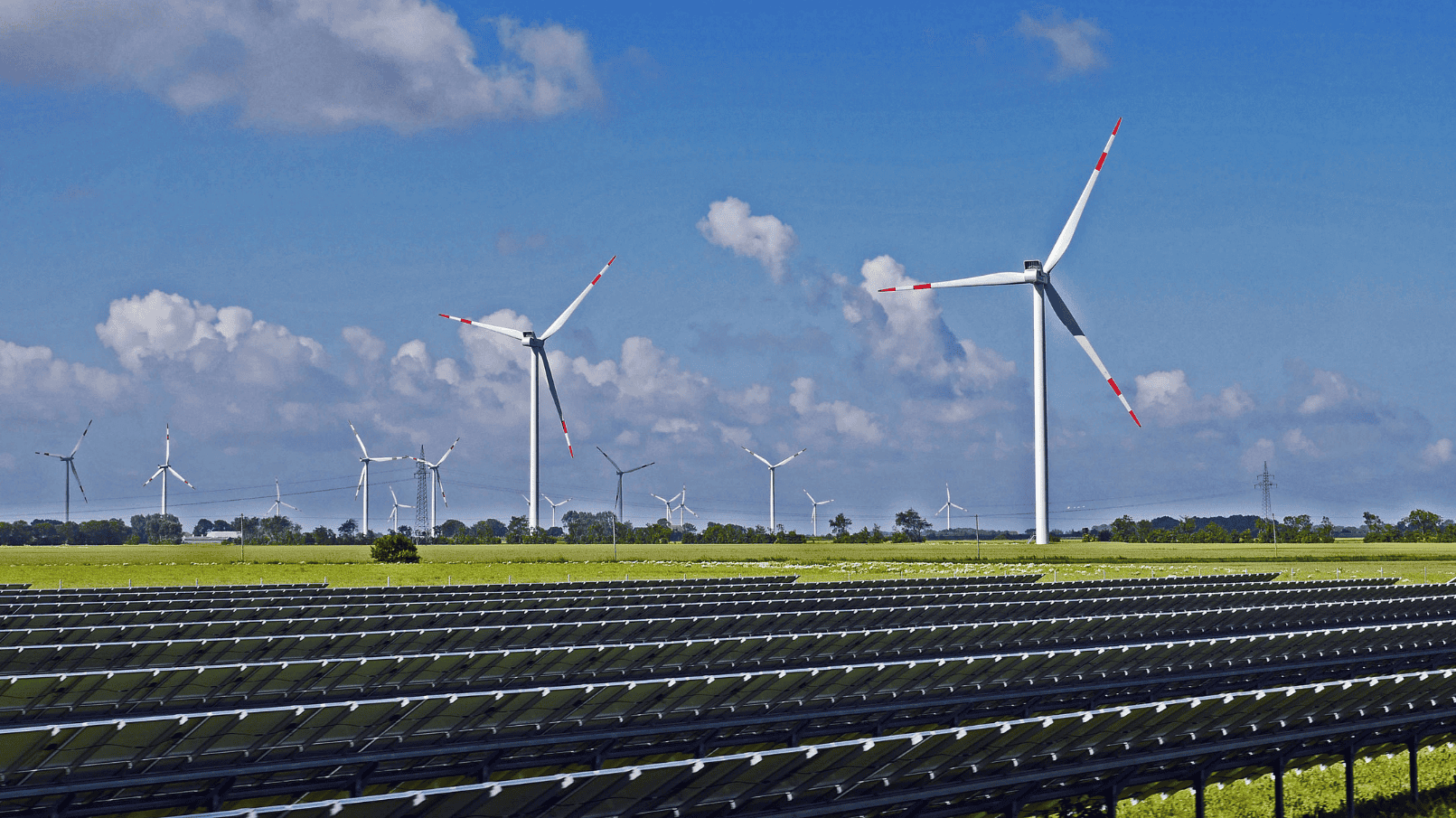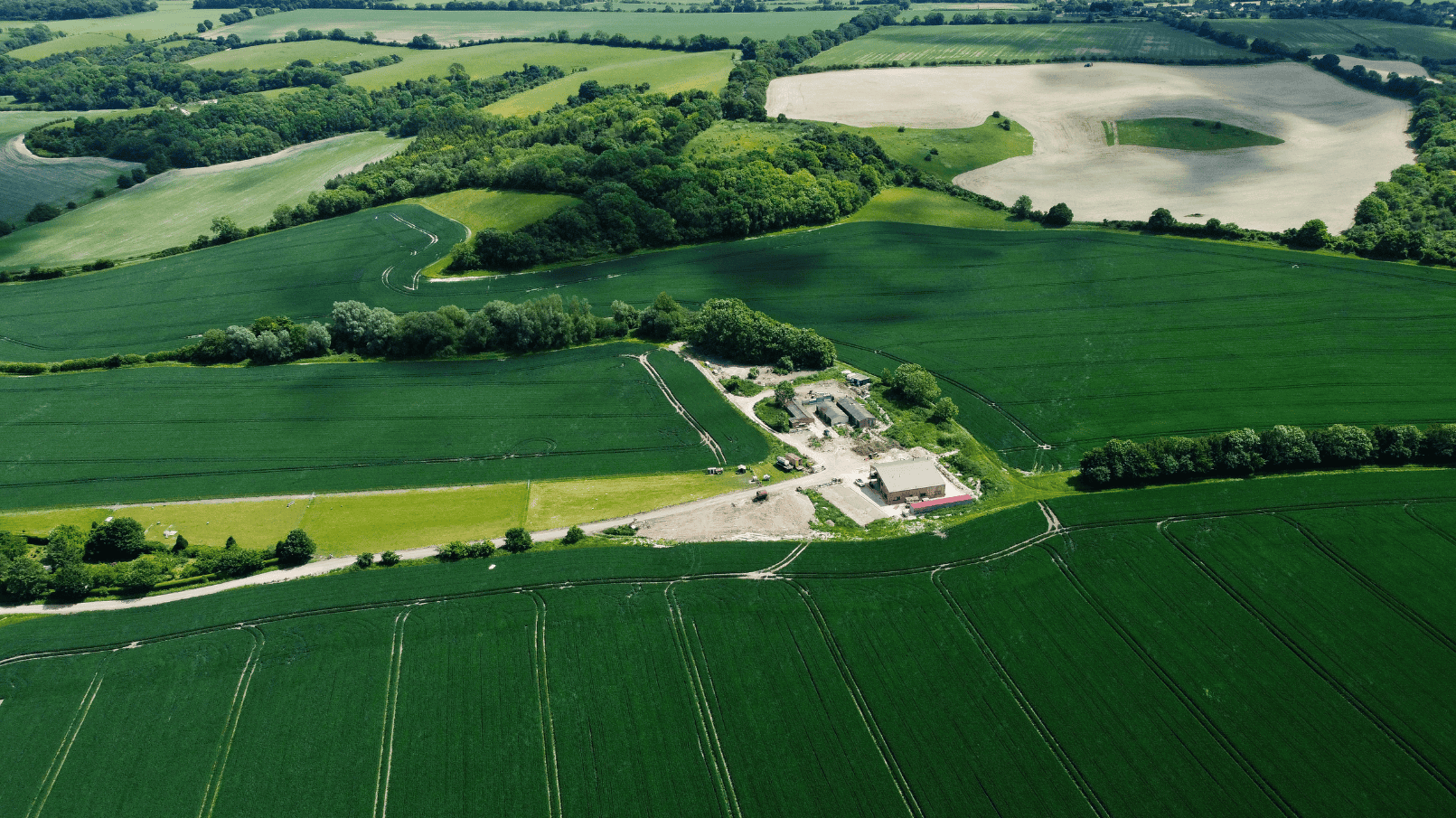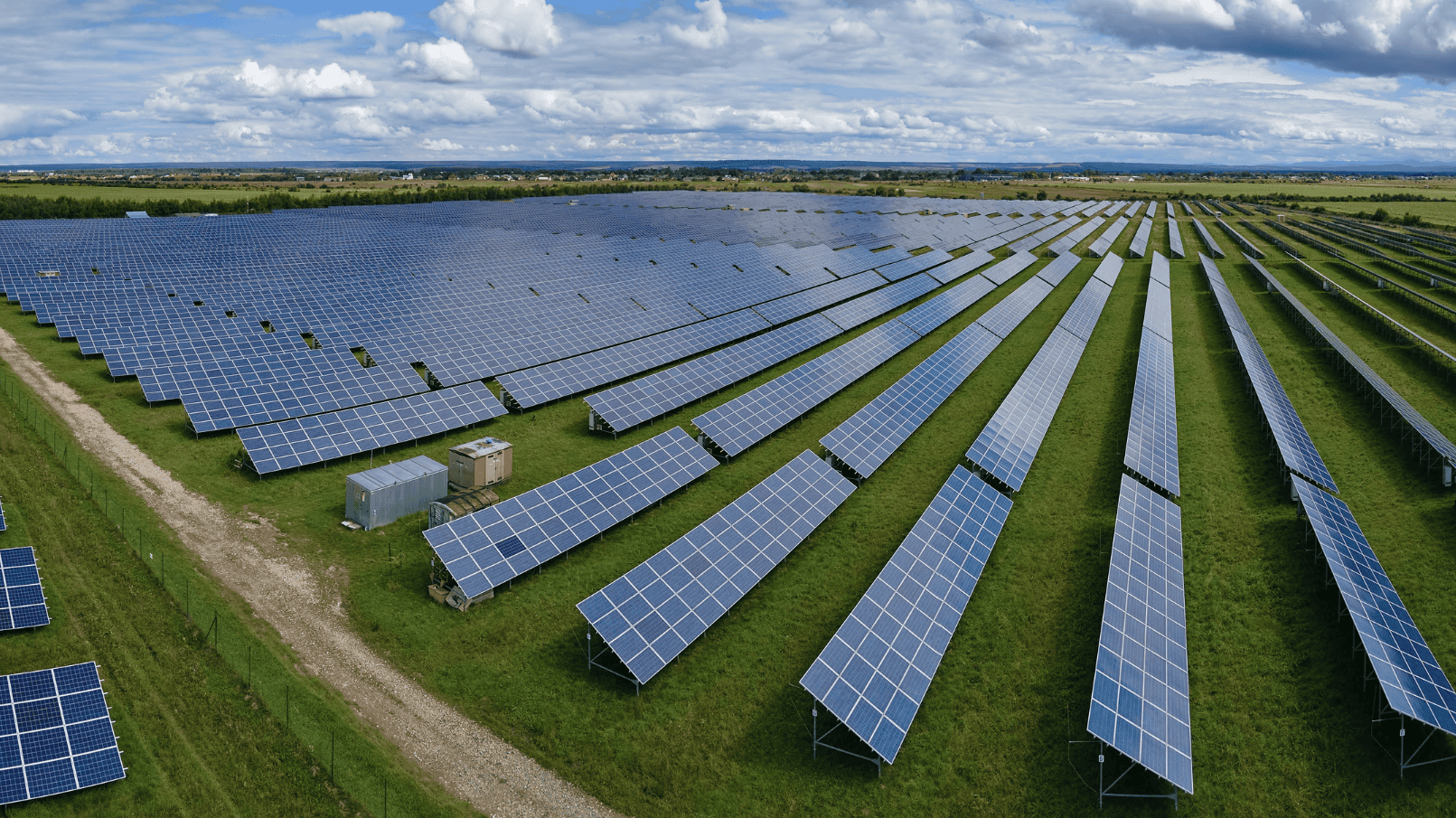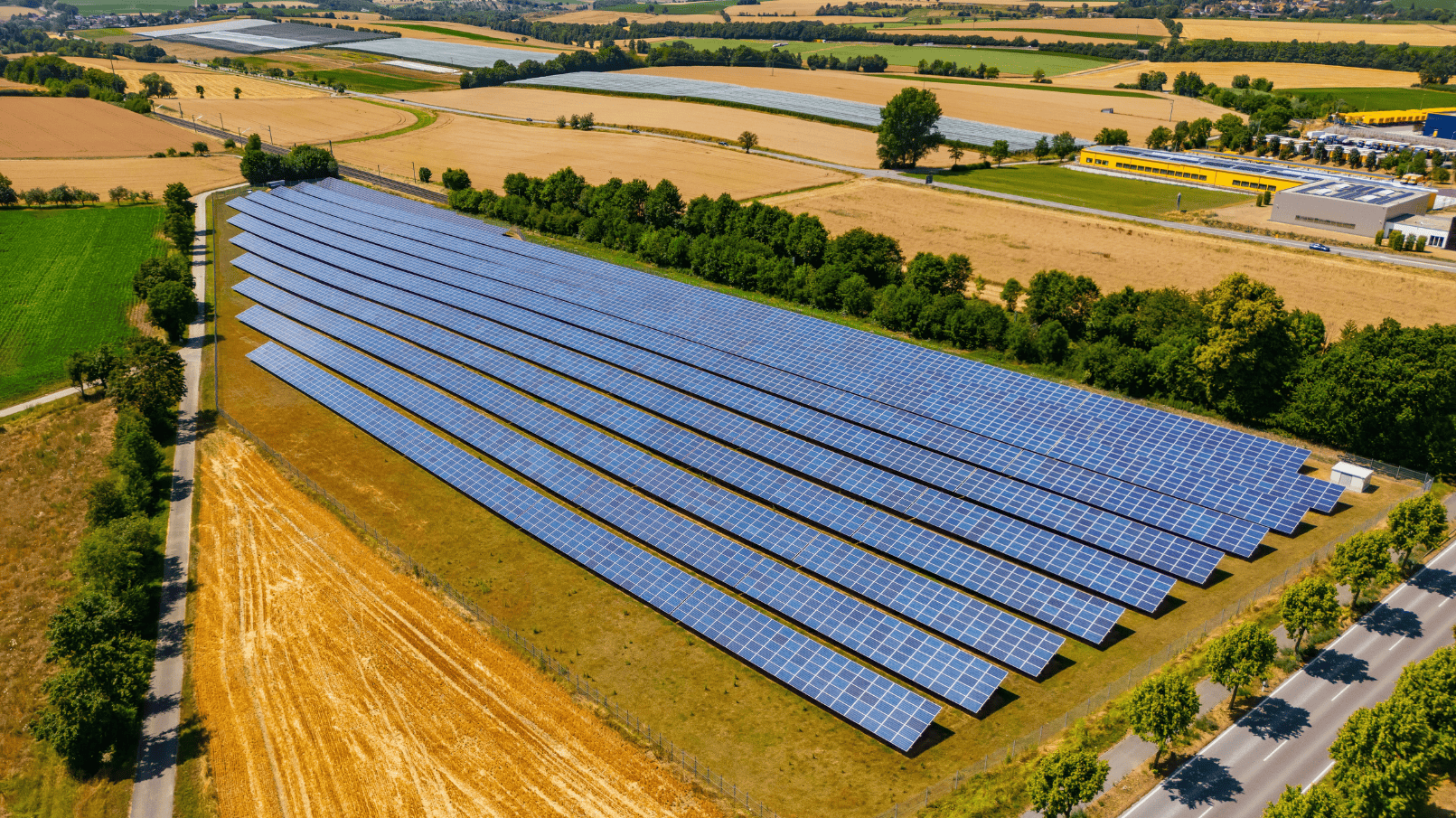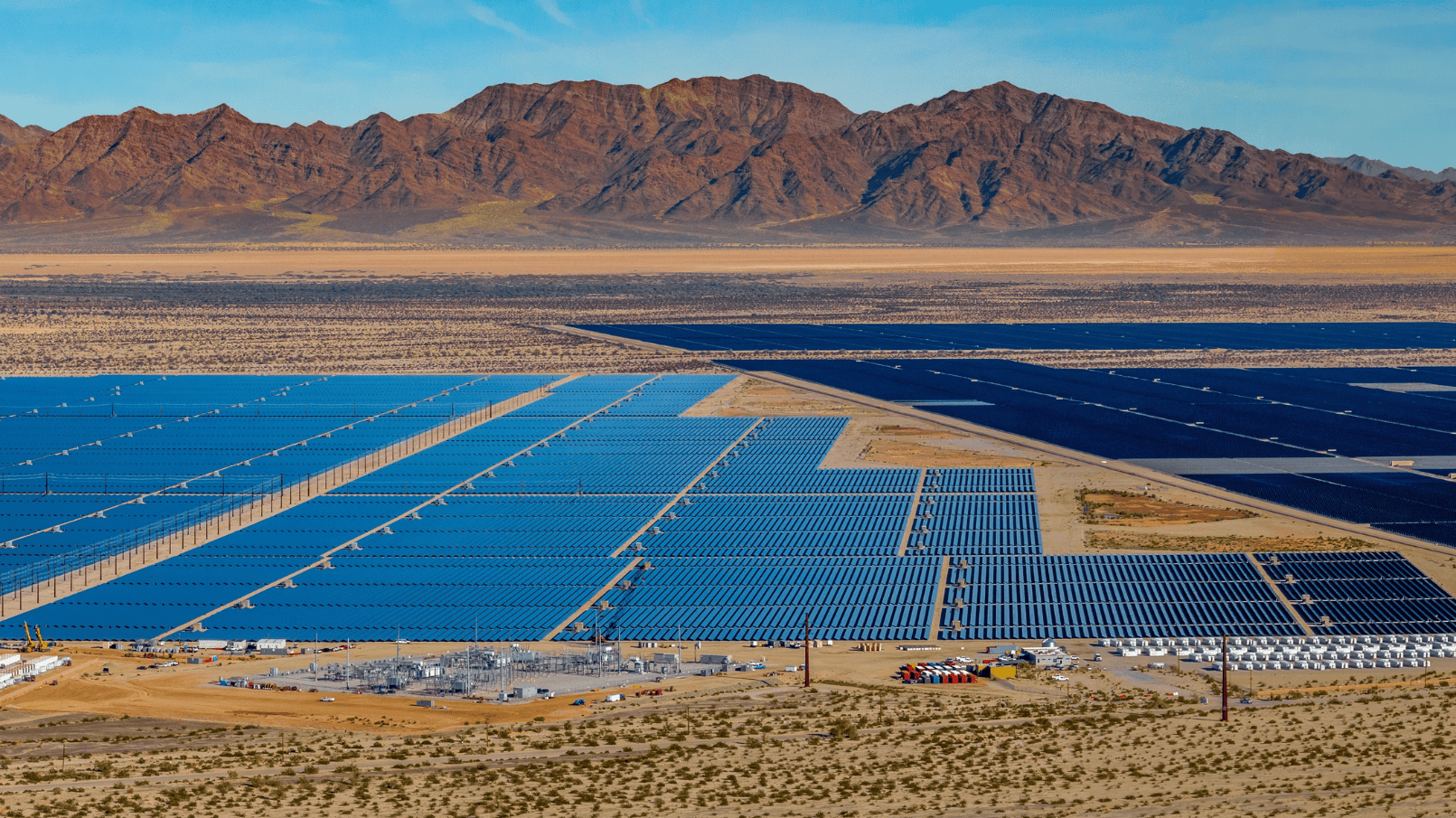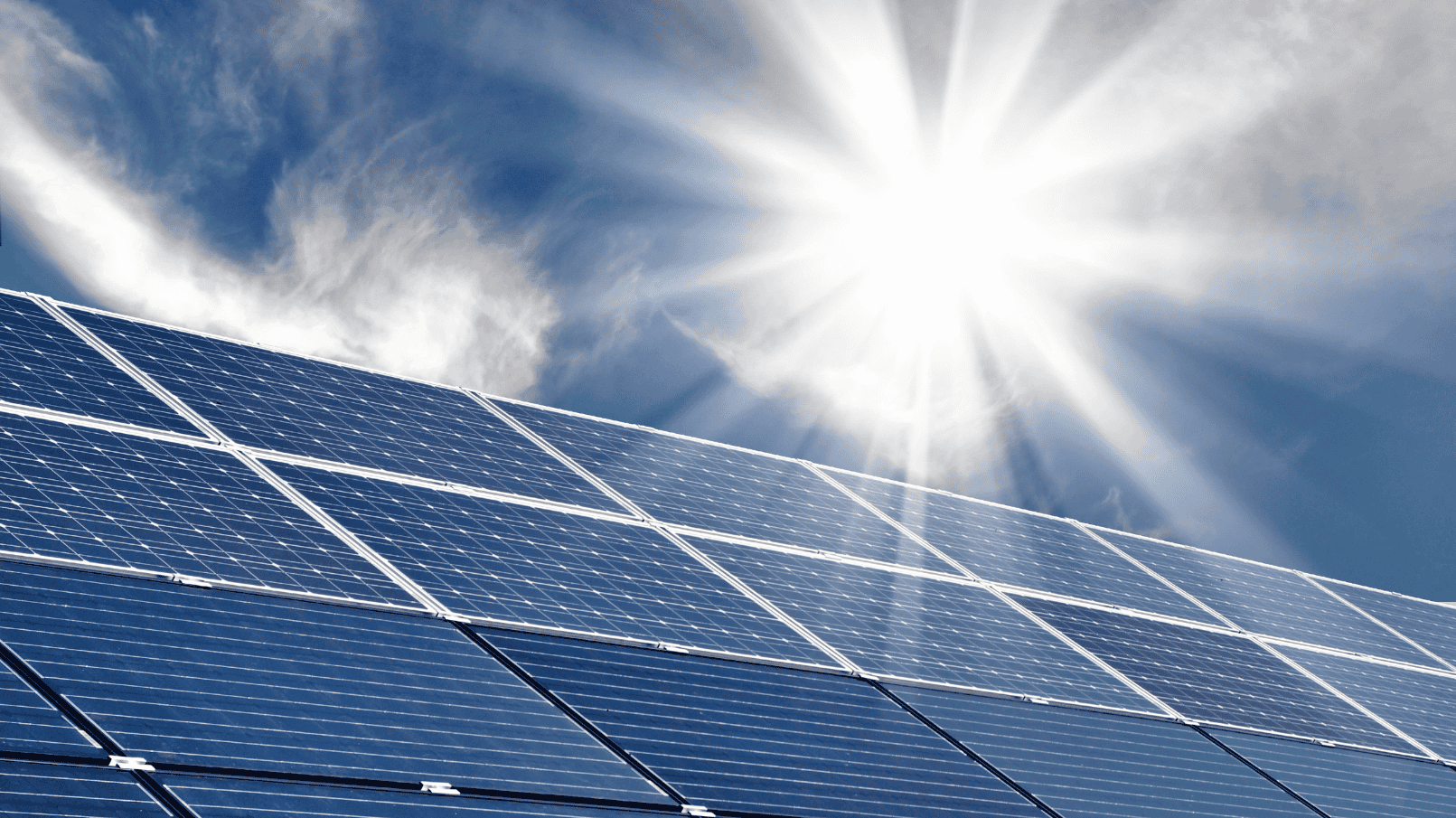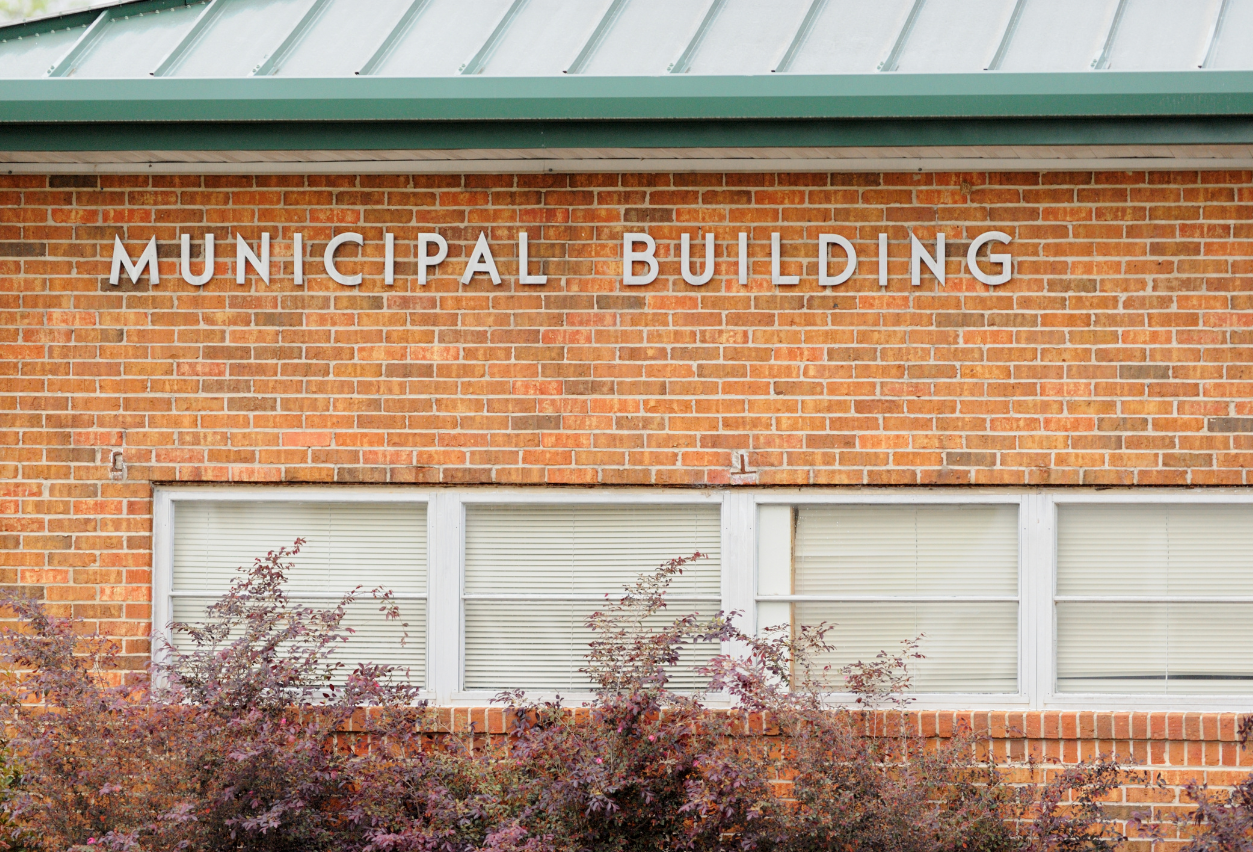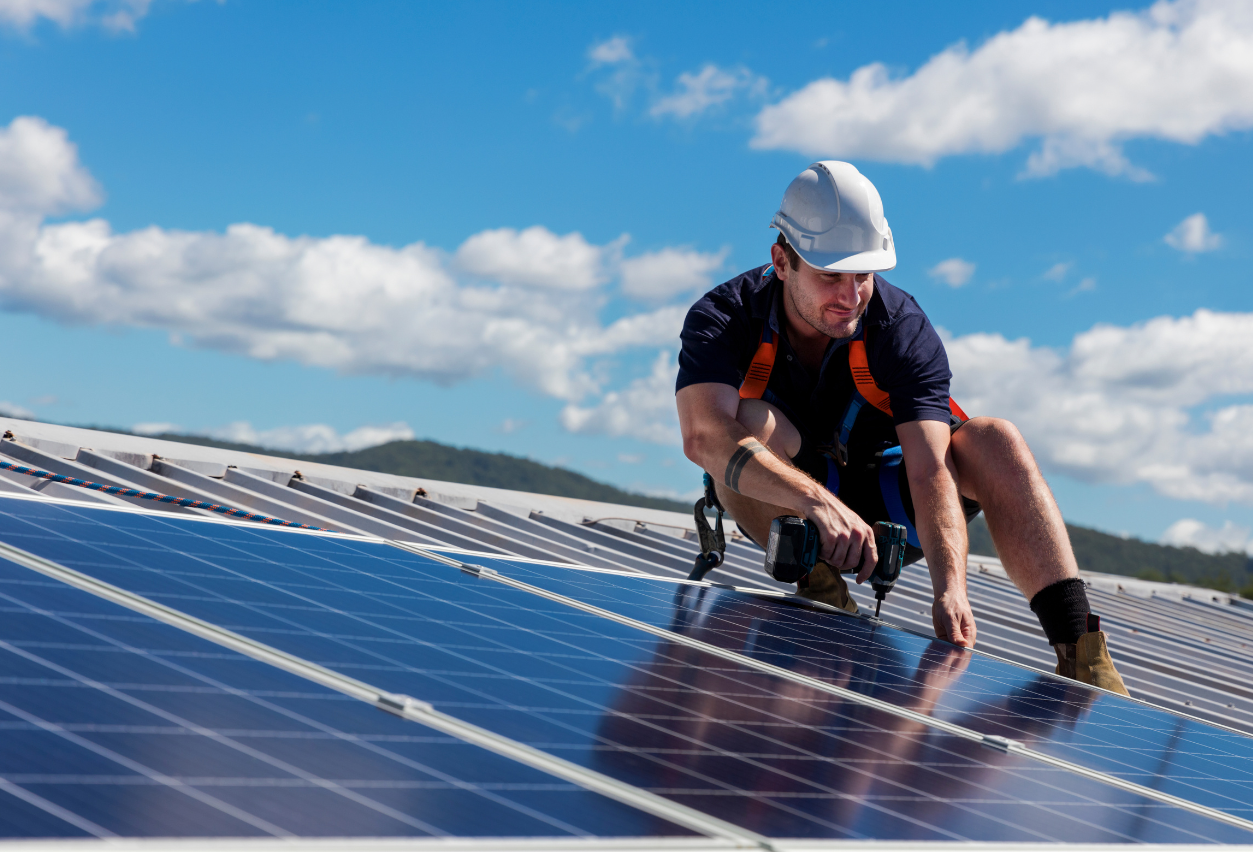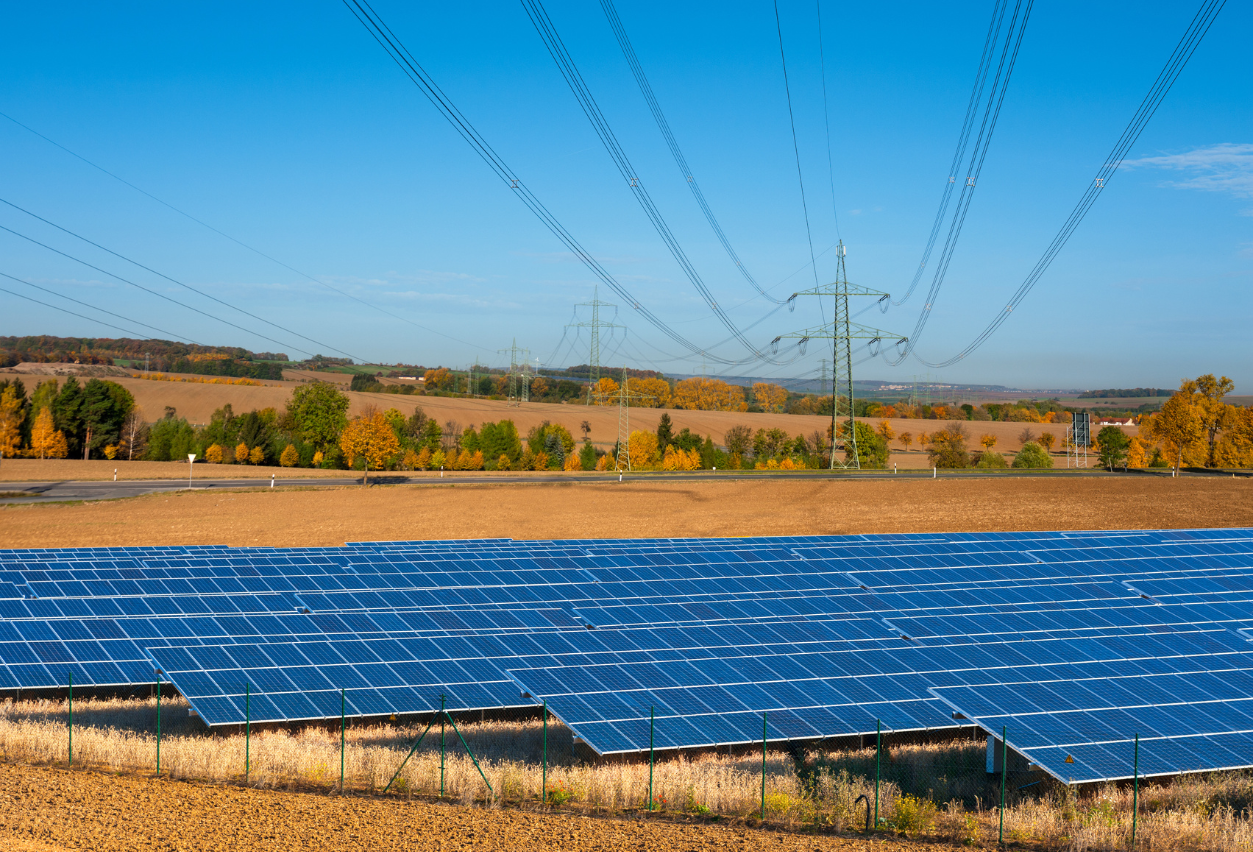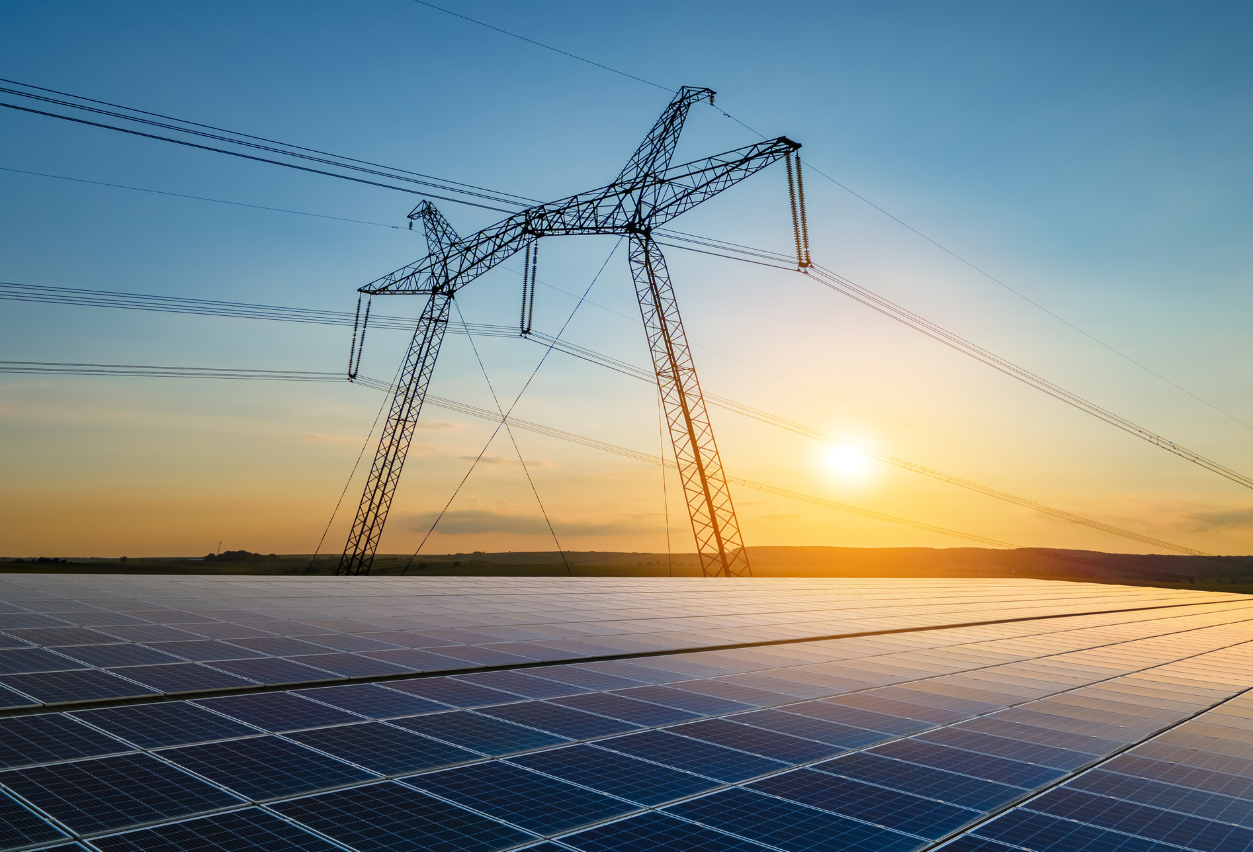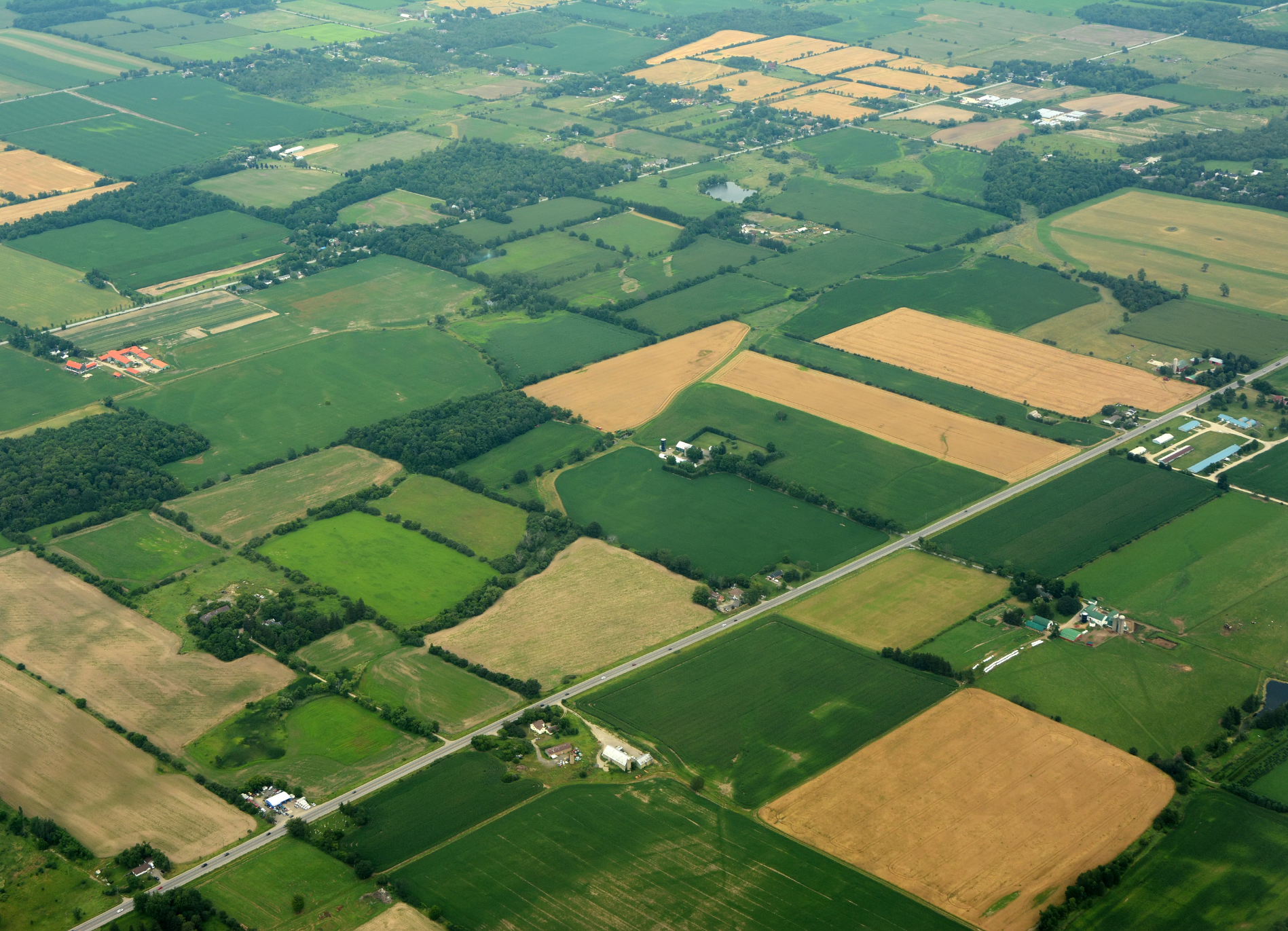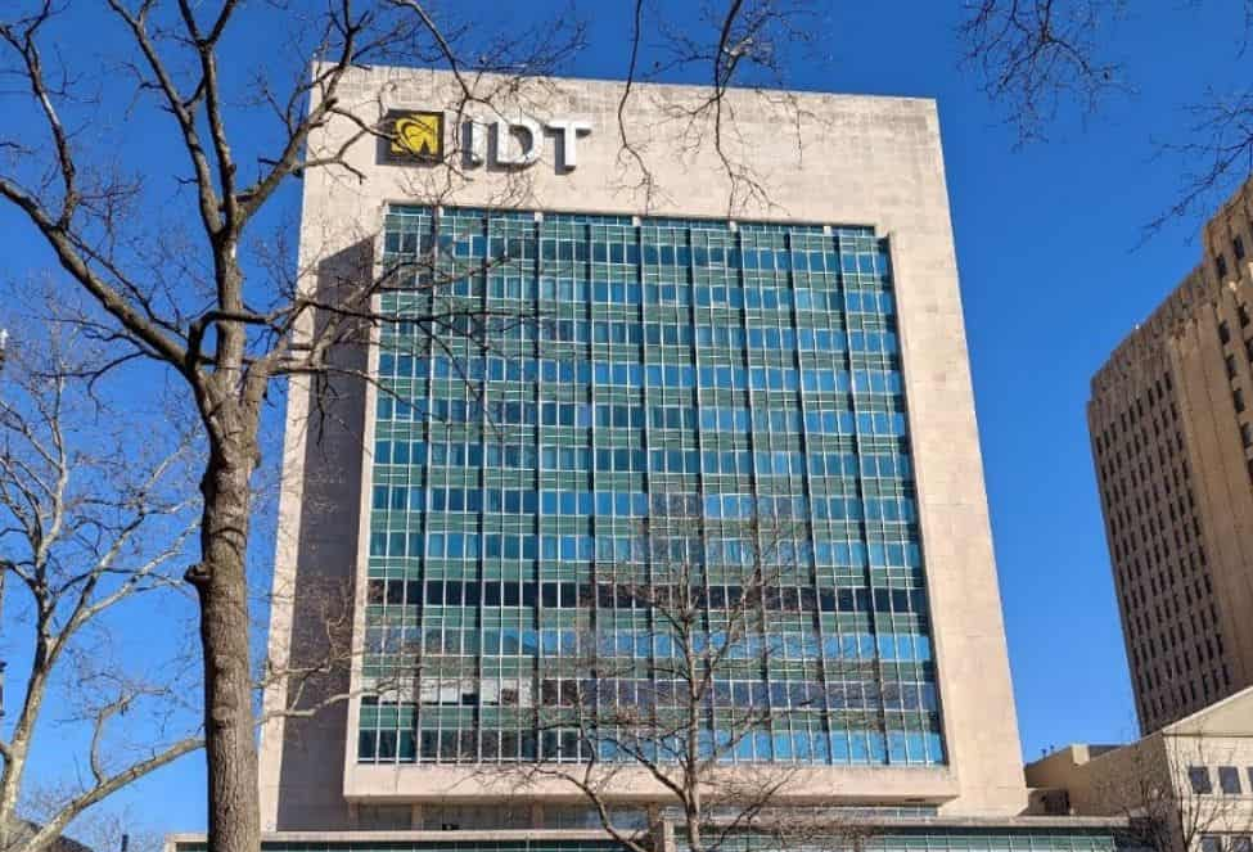Solar project development is central to the renewable energy boom throughout the United States. As demand rises for clean energy, solar farms, community solar, and utility-scale solar projects are being built across the country by experienced solar developers. Landowners are also participating in this revolution by leasing much-needed land parcels to solar companies for project development. In this article, we will outline each stage of the solar project development process, from initial concept to project interconnection.
What Solar Project Development Entails
Solar project development encompasses the full lifecycle of a solar energy project, from early feasibility through long-term operations. Development includes several stages, such as environmental studies, system engineering, permitting, land agreements, financing, construction, and interconnection. As new pro-solar legislation is introduced, these processes are changing and allowing for faster solar adoption.
Key Stakeholders In Solar Project Development
Solar project development is a complex subject involving many stakeholders and moving parts. Some of the parties involved in a large-scale solar project include:
- Landowners: Lease land for project development
- Investors: Provide capital for large-scale projects
- Solar Developers: Manage the entire development process
- Utilities: Connect to projects for community solar and through PPAs
- ISOs and RTOs: Connect to utility-scale projects for wholesale market participation
- EPC Firms: Handle engineering, procurement of materials, and construction of the solar system
- Legal: Law firms and consultants involved in procuring permits, handling environmental studies, and more.
- Government: Local, state, and federal agencies are involved in granting zoning rights, approving permits, and allowing for interconnection.
- Communities: Participate in promoting solar, objecting to solar development, or acting as end users for consumption.
Step-by-Step Solar Project Development Process
There are many steps to a typical solar development project, many of which happen concurrently. Let’s explore the solar development process in more detail.
1. Site Identification and Feasibility Study
The first step of the process involves finding suitable land to build the solar project. This land needs to be flat, need transmission infrastructure, and open to sun exposure. Once a site has been identified, developers will often conduct a feasibility study to research local permitting and zoning requirements, environmental impact risk, and interconnection availability.
2. Land Agreement and Leasing
Once the land parcel has been confirmed to be viable, developers will often offer the landowner a Letter of Intent (LOI) that grants them site control to develop a project. If the project moves forward, the LOI will typically bind the developer to offer a land lease agreement at a pre-determined price per acre.
3. Interconnection Planning
When the land has been secured, the developer will then begin to plan interconnection. During this phase, grid capacity limits and utility interconnection will be evaluated in more detail. They might even begin to complete the interconnection application at this step, although further information is required to finalize this application.
4. Engineering and Design
Next, the developer will begin to design the solar project on the land parcel. They will typically engage a third-party or in-house engineer to complete the design. The engineering documents will include the number of solar panels needed for the development, the expected sun hours at the site, forecasted energy production from the system, plans to connect to the local grid, and additional construction materials needed to complete the project.
5. Permitting and Zoning Approvals
Once the engineering design has been completed, the developer will submit applications to local municipalities for permits and zoning approvals. Each township or municipality has different zoning and permitting processes that must be followed diligently. Permits and zoning can include easements to access the land, rights to build the project, and proper zoning codes to allow for solar development on the land parcel. These permits along with the engineering design are typically required to be included in the interconnection application.
6. Financing and Contracting
When permits and zoning are approved, the developer has a viable project. The developer will begin conversations with utility companies to secure a PPA or community solar agreement. If the project is designed to participate in the wholesale markets, applications are filed with RTOs or ISOs for approval. After off-taker contracts are secured, the developer has a solid financial plan which is presented to potential investors to secure capital to build the project.
7. Construction
When capital is secured, construction can begin. During this phase, electrical sub-contractors may be contacted to submit bids to the developer. Furthermore, the developer may begin to procure the materials needed for construction, such as solar panels, inverters, and ground mounts. Sometimes, material procurement is the responsibility of the EPC contractor, who might be performing the construction on behalf of the developer.
8. Commissioning, Operations and Maintenance
When the project is finally built, there are several stages of commissioning that take place to test the system. Cold commissioning occurs before the project is connected to the electric grid.
If it’s deemed that the project is producing energy properly, it is then connected to the transmission infrastructure and tested again during hot commissioning. Once the project is live, the developer might contract with a third-party operations and maintenance company to maintain the system, including replacing broken panels, monitoring system production, and even scheduling system-produced electricity in the wholesale markets.
For community solar projects, the developer will contract with a subscriber organization to administer the project, acquire customers, and handle long-term billing.
Partnering With A Trusted Solar Developer Matters
As you can see from the details above, solar development is complex and expensive. If you are thinking about investing in solar, it’s imperative to partner with a trusted solar developer with experience in project management.
A trusted solar developer can eliminate some of the project risk by understanding the details of development and helping to bring the project to fruition in a timely manner. Genie Solar Energy has decades of combined experience taking solar projects from initial concept to production in the retail and wholesale energy markets. Contact our team today to learn more about our renewable energy development efforts across the United States.
